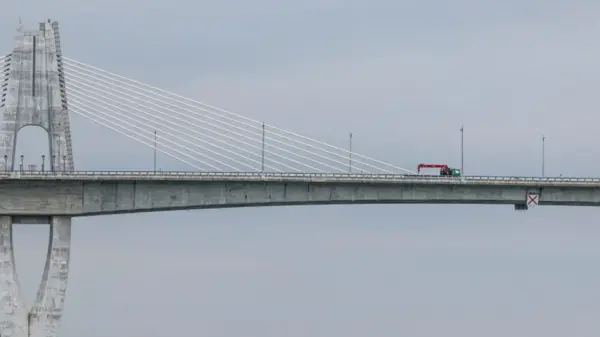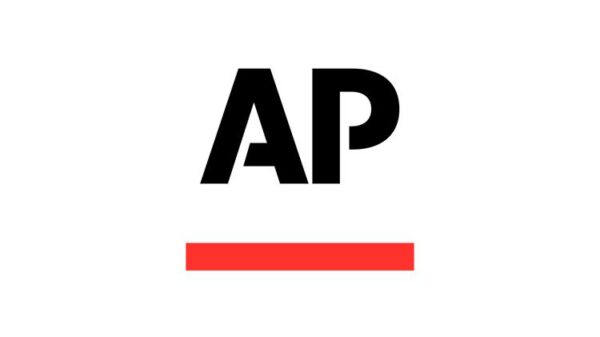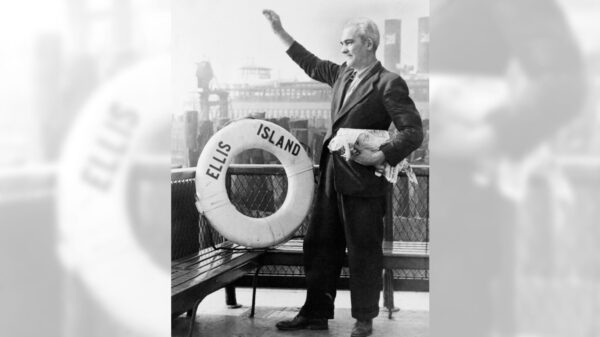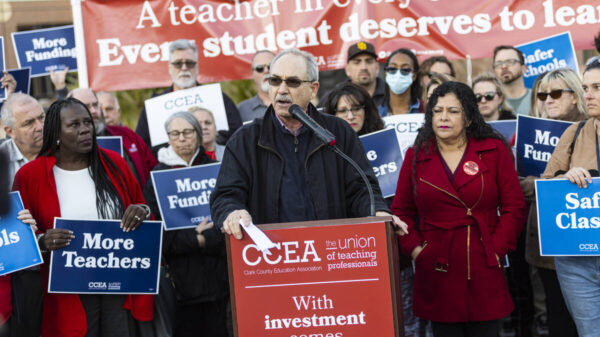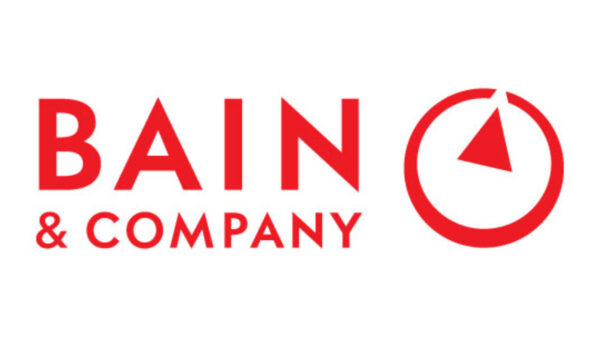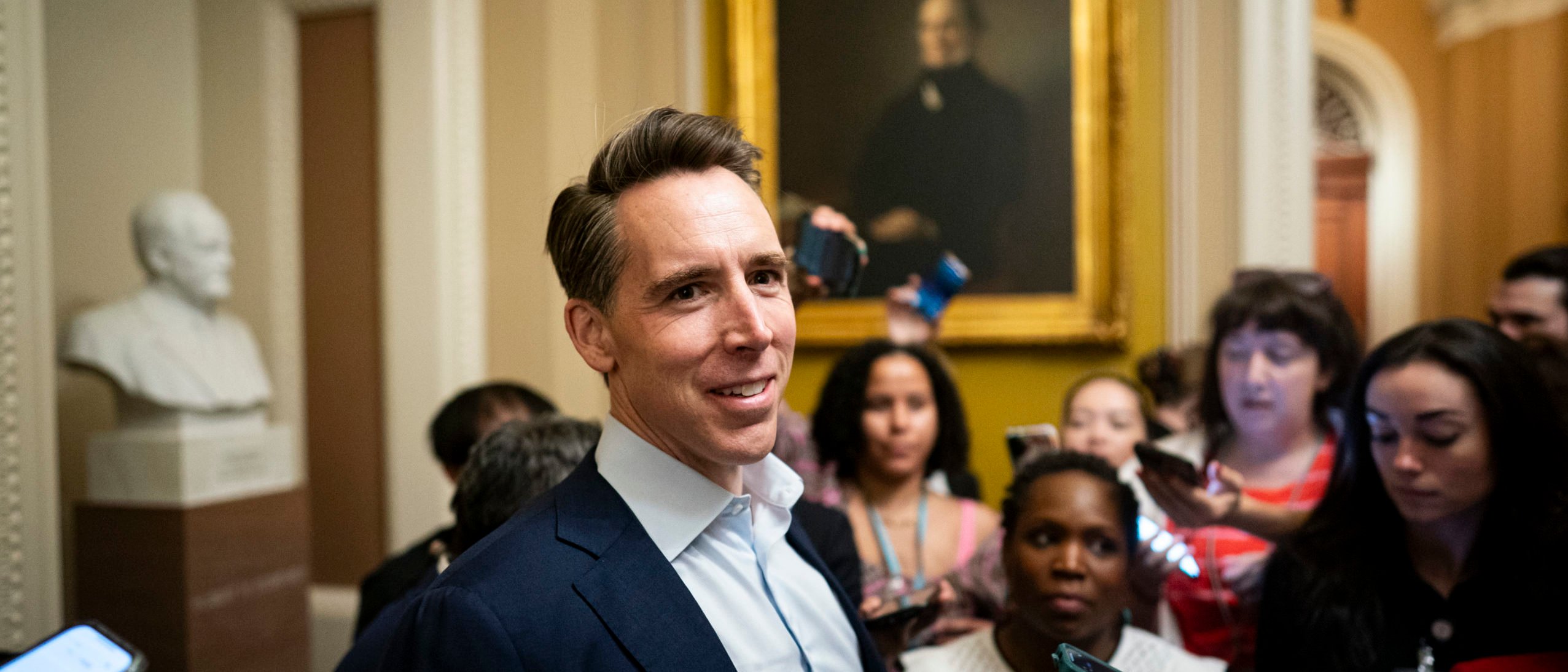The Department of Energy (DOE) has officially cancelled the Grain Belt Express, a proposed $11 billion transmission line project designed to transport electricity generated from wind farms in Kansas across Missouri and Illinois to Indiana. The announcement was made by Senator Josh Hawley of Missouri, who described the project as a “green scam” that he claims is costing taxpayers billions. This decision follows discussions between Senator Hawley, President Donald Trump, and Energy Secretary Chris Wright.
The Grain Belt Express aimed to address growing energy demands by upgrading the grid, and its proponents argued that it would lead to significant consumer savings. The project’s website claimed it would save consumers $52 billion in energy costs over 15 years. However, the project faced scrutiny from the office of Missouri Attorney General Andrew Bailey, which initiated an investigation in early July 2025 due to concerns over misleading claims and alleged dishonesty.
In a press release dated July 2, Bailey stated, “We will not allow a private corporation to trample property rights and mislead regulators for a bait and switch that serves out-of-state interests instead of Missourians.” The investigation, conducted under a Civil Investigative Demand (CID), raised flags regarding the project’s reliance on what Bailey described as “speculative and possibly fraudulent assumptions.”
One significant point of contention was the reference to a fictitious carbon tax that has neither been enacted by Missouri nor by federal law. According to Bailey, the use of this non-existent tax inflated the projected benefits of the project for Missouri consumers. His formal letter to the Chair of the Missouri Public Service Commission highlighted these concerns, emphasizing that the anticipated benefits were based on flawed calculations.
The cancellation of the Grain Belt Express aligns with a broader trend observed during the Trump administration, which has seen cuts to various costly green energy initiatives. As the DOE moves forward with this decision, the implications for energy infrastructure and economic impacts in the region remain to be fully understood.
The Grain Belt Express was not only a major investment in renewable energy but also a significant point of debate regarding the balance between promoting green initiatives and protecting local interests. As this situation develops, stakeholders in both the energy sector and the local community will closely monitor the outcomes of the decision.








